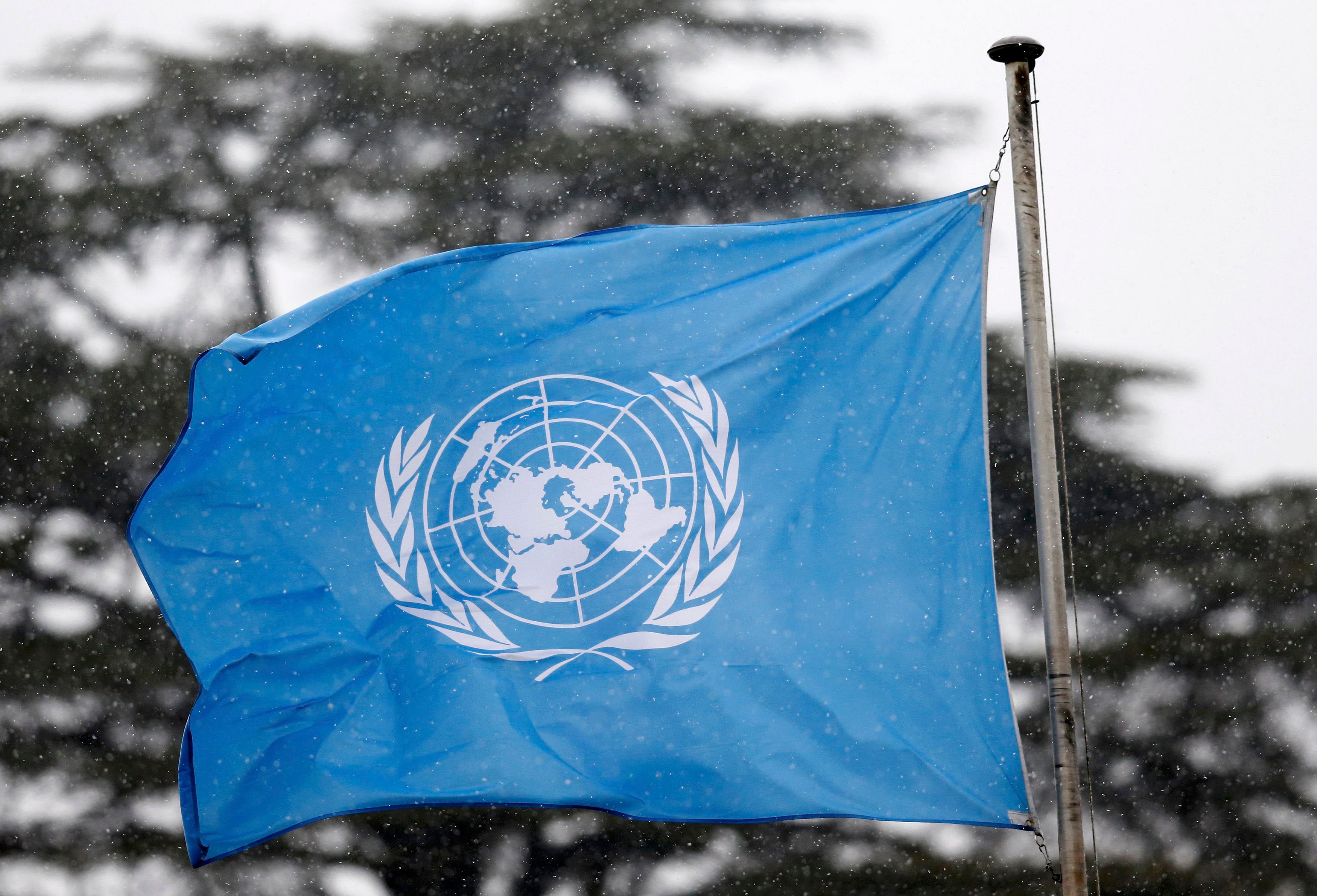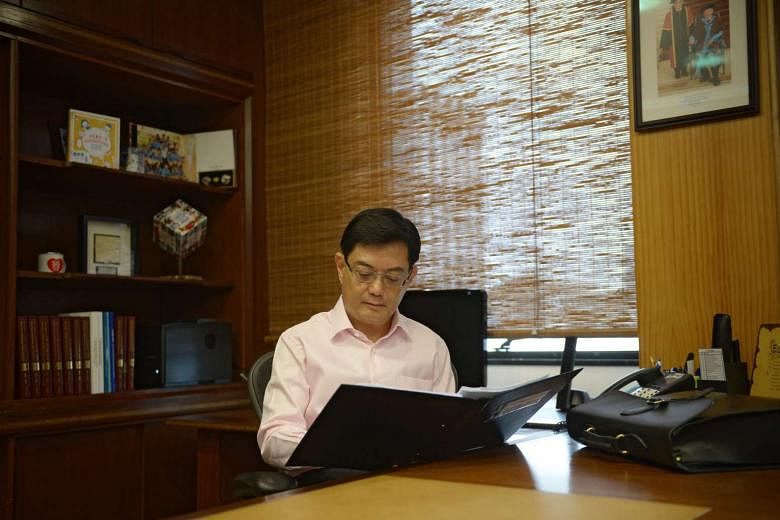Good morning! Morning Minutes is a round-up of stories that will break on Monday, March 28, and which we think you'd be interested in.
It appears on weekdays, available by 7am.
Finance Minister Heng Swee Keat to visit Feinmetall factory
Finance Minister Heng Swee Keat will be visiting Feinmetall Singapore's factory in Marsiling today as part of the post-Budget engagements with the business sector.
At Feinmetall, Mr Heng will be learning more about the company's operations, as well as its partnership with the industry body, the Singapore Precision Engineering and Tooling Association. - YASMINE YAHYA
Watermark Award winners to be announced today
National water agency PUB will announce the winners of this year's Watermark Award today. Three champions for water sustainability will be recognised for their outstanding contributions and commitments towards protecting and raising awareness of Singapore's water resources.
Last year's winners were Alexandra Health System, which manages Khoo Teck Puat Hospital, Siloso Beach Resort on Sentosa, and Asia Square building's sustainability manager, Mr Philip Chan. - LIN YANGCHEN
UN talks on protection of marine areas

The United Nations will launch today preparatory talks on a legally binding treaty protecting marine areas beyond national jurisdiction - that's two-thirds of the surface of the oceans.
Currently, just over 3 per cent of oceans, all within national boundaries, are off limits to commercial exploitation. The loss of marine life is so advanced that it would take larger areas to protect biodiversity and prevent some fish stocks from collapsing. The UN Convention on Biodiversity has called for a target of 10 per cent by 2020.
But as with the two-decade wrangle over how to tackle global warming, which finally yielded a universal deal in December, a half-dozen key issues divide nations grouped in familiar blocs on how best to manage the high seas. One is the scope of zones in which industrial fishing and mineral extraction would be curtailed or banned. Nations also disagree on what rules to set for exploiting marine genetic resources.

